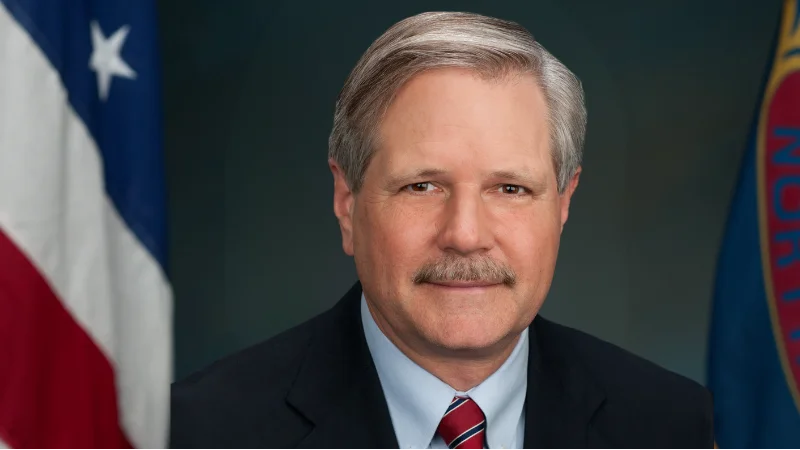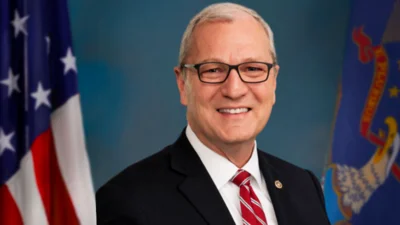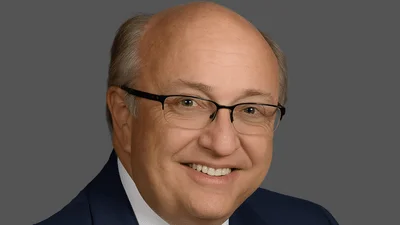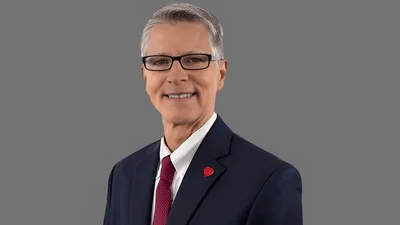Senator John Hoeven, U.S. Senator of North Dakota | Senator John Hoeven Official website
Senator John Hoeven, U.S. Senator of North Dakota | Senator John Hoeven Official website
Senator John Hoeven recently visited U.S. military bases in Okinawa and mainland Japan to engage with U.S. forces and promote Grand Forks as a leader in Unmanned Aerial Systems (UAS). Accompanied by Senator Jerry Moran of Kansas, both members of the Senate Defense Appropriations Committee, Hoeven emphasized the importance of Grand Forks Air Force Base and GrandSKY Technology Park in providing Intelligence, Surveillance, and Reconnaissance (ISR) capabilities crucial for countering Chinese military activities.
At Misawa Air Force Base, home to the U.S. Air Force's 35th Fighter Wing, efforts are underway to establish Global Hawk operations for the Japan Air Self-Defense Force (JASDF), supported by Northrop Grumman at GrandSKY Technology Park. "The work to stand up a Japanese unit of Global Hawks has been under way for over a year now and it is now working toward its Initial Operating Capability (IOC)," said Hoeven.
Hoeven also visited Hachinohe Air Station with General Atomics President Dave Alexander to review MQ-9 Reaper flight operations conducted on behalf of Japan’s Coast Guard. The company is preparing Reaper units for JASDF, with training scheduled at GrandSKY next year. "Japan is buying the latest version of the Reaper, the MQ-9B," noted Hoeven.
During his visit to Yokota Air Force Base, headquarters for United States Forces Japan (USFJ), Hoeven met with Lt. General Stephen Jost and Colonel Richard McElhaney about deploying Global Hawks from Grand Forks AFB. "General Jost shares a Minot connection with me as he was born there when his father was stationed at Minot Air Force Base," said Hoeven.
In Okinawa at Kadena Air Force Base and Camp Hansen Marine Corps Base, discussions included standing up MQ-9 units for the Marine Corps and attending Operation “Keen Sword,” a joint U.S.-Japan exercise against potential Chinese aggression. "We not only had a chance to see Camp Hansen but also an active military exercise being conducted by U.S. and Japanese forces," remarked Hoeven.
Meetings were held with Japanese leaders including Defense Minister Gen Nakatani and Foreign Minister Takeshi Iwaya to enhance military cooperation and trade relations. "Defense Minister Nakatani...expressed strong support for the U.S. military," stated Hoeven.
Additionally, discussions aimed at expanding agricultural markets were held with Japanese officials since Japan remains a key market for various U.S. agricultural products like beef, corn, soybeans, and wheat from North Dakota.






 Alerts Sign-up
Alerts Sign-up